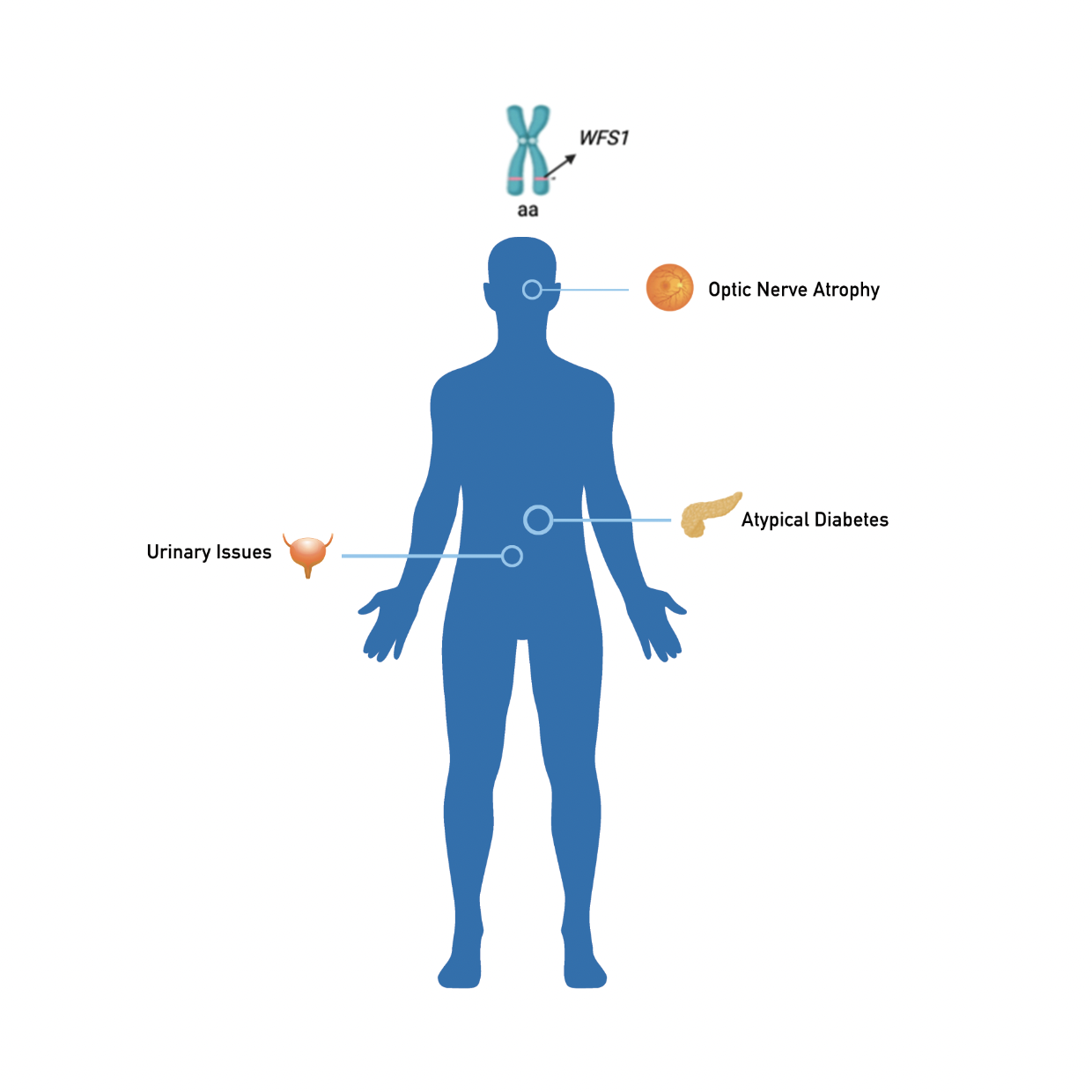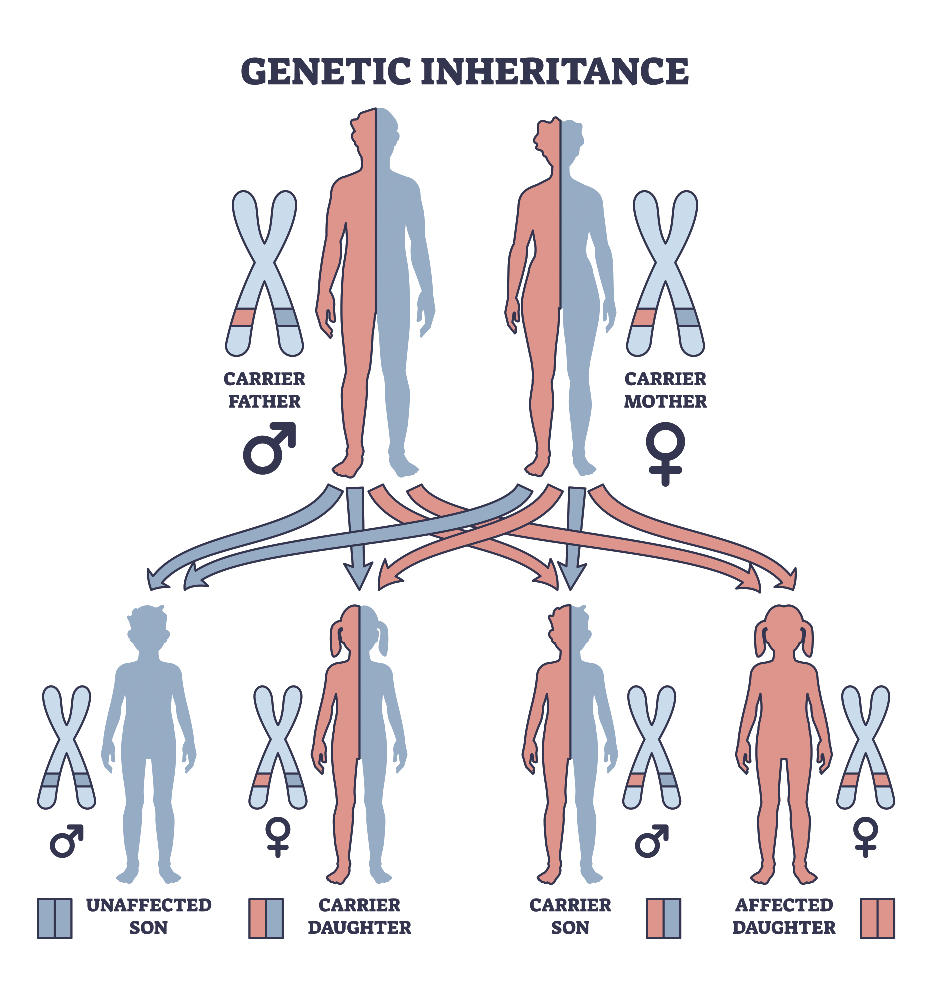What is Jewish Wolfram Syndrome?
Wolfram syndrome is a rare, inherited disorder that primarily affects the nervous system and other body systems — causing diabetes, vision loss, hearing loss and other symptoms. A specific subtype — Ashkenazi Jewish WFS1-Associated Wolfram Syndrome — impacts individuals of Ashkenazi Jewish descent.
Symptoms of this Wolfram syndrome variant may include diabetes-like features, neurological issues and vision loss, among other symptoms. This subtype is caused by a specific variant of the WFS1 gene, c.1672C>T (p.Arg558Cys or p.R558C), and is often associated with a milder, later-onset form of the condition than the classic form of Wolfram syndrome.
Learn more about the Ashkenazi Jewish subtype of Wolfram syndrome — including its symptoms, management and prevention strategies — below.

How is the Ashkenazi Jewish subtype of Wolfram syndrome different from the classic form?
The classic form of Wolfram syndrome and the Ashkenazi Jewish subtype are both caused by mutations in the WFS1 gene on chromosome 4. However, the Ashkenazi subtype is caused by a specific mutation, p.R558C. Despite this shared genetic basis, they present differently, with distinct patterns of symptom severity, prognosis and management.
Wolfram syndrome is a rare, life-threatening genetic disorder caused largely by pathogenic variants in the Wolfram syndrome 1 (WFS1) gene.

What are the symptoms of Ashkenazi Jewish Wolfram syndrome and how are they managed?
The Ashkenazi subtype of Wolfram syndrome can present with a wide range of symptoms, which are often mild in the early stages, making diagnosis particularly challenging. However, early recognition and intervention can help lessen the disease’s severity.
This guide covers what to watch for, what to do if you test positive and how the condition may affect health, treatment decisions and family planning. Here are answers to common questions.

How Does a Diagnosis Affect Family Planning?
The Ashkenazi Jewish subtype of Wolfram syndrome is recessively inherited, meaning both parents must carry the WFS1 variant for a child to be affected.
If you test positive for 1 or 2 WFS1 mutations, your partner should consider carrier testing before or during family planning. Genetic counseling is highly recommended to understand inheritance risk and reproductive options. Prenatal and preimplantation genetic testing (PGT) are available for families who wish to avoid passing on the condition.

Resources for Rabbis
Wolfram syndrome, including its Ashkenazi Jewish subtype, is a rare inherited disorder that can lead to vision loss, atypical diabetes, urinary dysfunction, and neurological challenges. Like Tay-Sachs disease, it is more prevalent among individuals of Ashkenazi Jewish descent due to a specific shared genetic variant passed through generations.
Rabbis have historically played a pivotal role in promoting awareness, ethical discussion, and communal action around genetic health. This page is designed to help you support families, guide conversations around testing, and lead your community with compassion and knowledge.
Where to get tested:
-
Wolfram Syndrome International Registry
Testing kits can be sent to your home at no cost through Washington University in St. Louis.
More information at: wolframsyndrome.wustl.edu
-
Jewish Genetic Disease Screening Programs
JScreen offers at-home genetic screening for Jewish hereditary diseases — and is currently working to add Wolfram syndrome to its testing panel.
More information at: jscreen.org
-
Local Hospitals and Genetic Counselors
Check in with nearby medical centers or hospitals to learn about available genetic counseling and testing services for Wolfram syndrome.